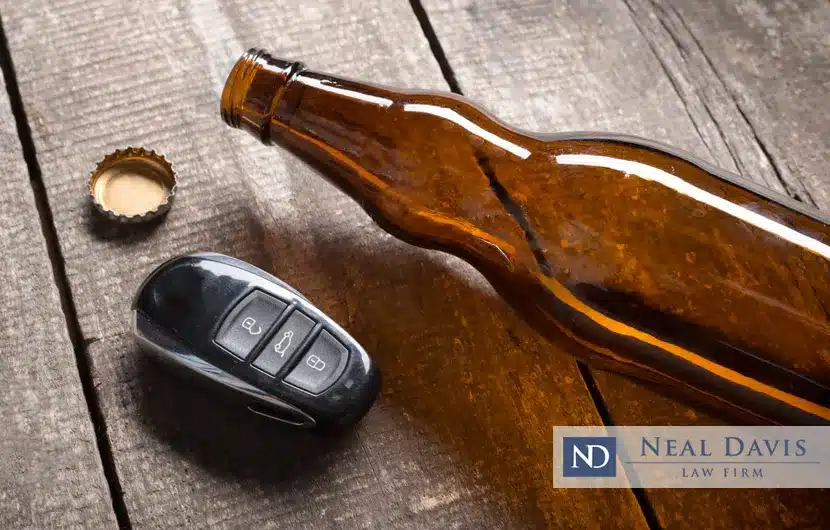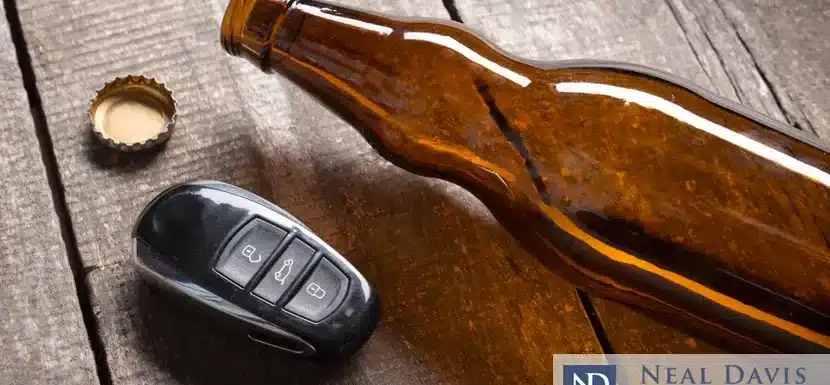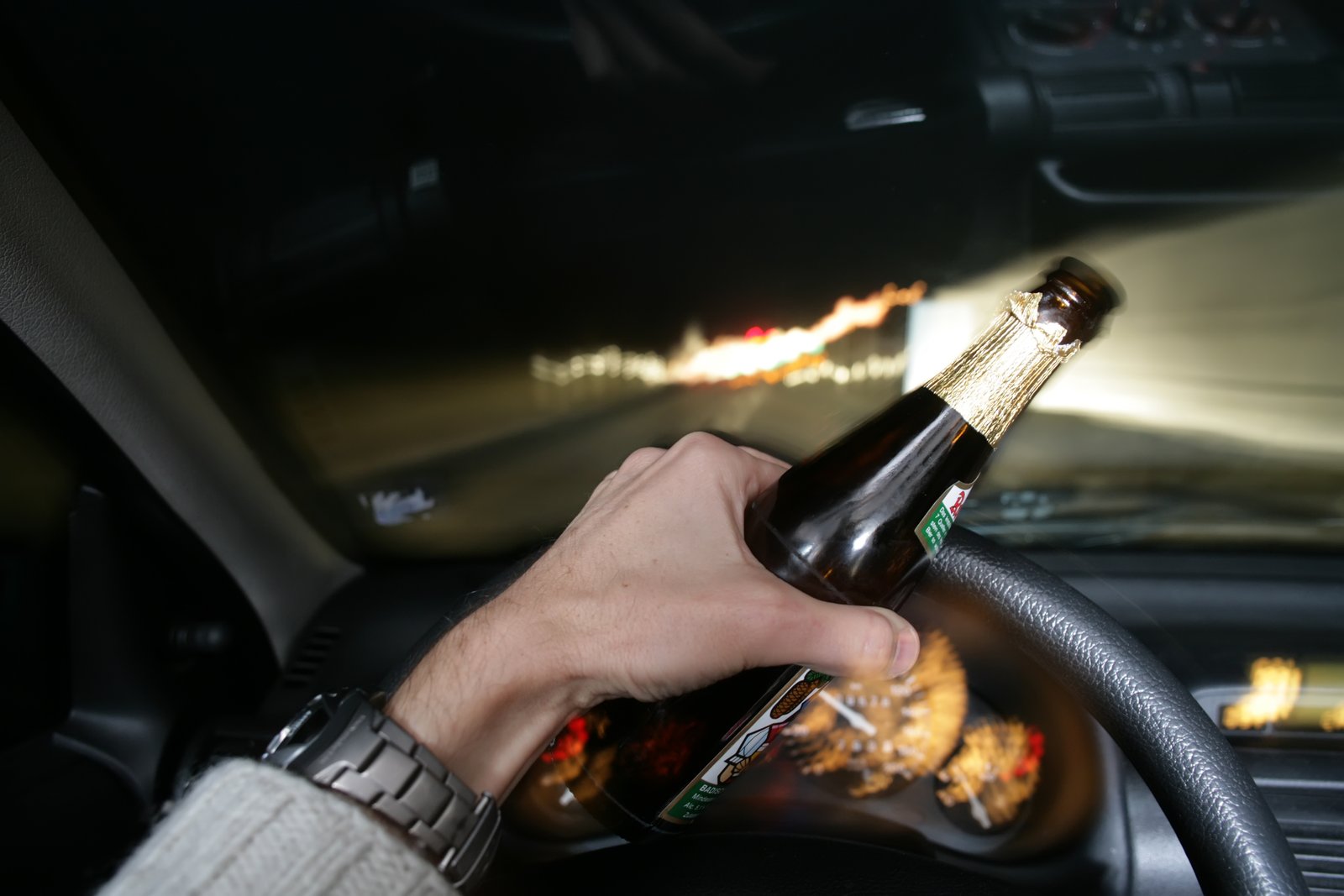
One state has adopted a lower drunk-driving limit of 0.05 percent blood alcohol content and two others may be steering in that direction. The remaining states, including Texas, consider 0.08 percent BAC as the standard for drunk-driving arrests.
Utah is that one state—so far.
On December 30, 2018, Utah passed a tougher drunk-driving law that made a BAC of 0.05 percent sufficient for a drunk-driving arrest. Also, if such a driver causes a death on the road, they can face a felony charge of criminal homicide.
Hawaii’s state senate also recently passed a bill lowering the legal driving limit to 0.05 percent BAC, but it awaits action in the lower house. In Washington state, a lower 0.05 BAC for drunk driving is being considered by lawmakers but has yet to make it to the legislative floor for a vote.
According to a report in Newsweek magazine, New York and Connecticut also are considering such a move.
What are pros, cons of lowering BAC limit?
Lowering the BAC limit to 0.05 could have both pros and cons.
Proponents claim that a lower BAC limit would act as a deterrent to prevent more roadway deaths due to drunk driving. They also say the lower limit is already being used in numerous European countries and elsewhere in the world.
The Hawaii Alcohol Policy Alliance, citing a 2000 study, asserts that drivers with a blood alcohol level between the proposed new lower level of 0.05 and 0.079 percent are about 7 times more likely to be killed in a crash than if they had not consumed any alcohol.
Opponents say such laws would create an extra burden for law enforcement to keep drunk drivers off the roads. They also say such laws could result in responsible drinkers being penalized for having 2 or 3 drinks and then exceeding the 0.05 limit, perhaps due to their weight but not due to actual impairment.
Hawaii’s Office of the Public Defender has criticized the state’s proposed lower limit for casting “too wide a net,” which could lead to “criminalizing the behavior of normal responsible drinkers without having an impact on reducing alcohol related fatalities.”
However, Newsweek was told by a National Highway Traffic Safety Administration (NHTSA) spokesperson that a study in 2022 found there were fewer crashes involving alcohol in Utah after the state adopted the lower limit. The spokesperson cited lowering BAC limits as among the effective measures to reduce impaired driving.
Though drunk driving deaths have declined by one-third in the U.S. in the past 30 years, the NHTSA says alcohol-related road deaths still account for over one-fourth of all motor vehicle deaths in the nation.
Intoxication vehicular manslaughter laws & penalties in Texas
Learn about intoxication vehicular manslaughter and what happens when you’re charged with it in Texas.
What are Texas’s drunk-driving laws?
Texas lawmakers have shown no sign so far of wanting to lower the BAC limit under the state’s drunk-driving laws. But those laws are already strict on their own.
Persons living in Houston or elsewhere in Southeast Texas should understand Texas crimes by class and punishments.
Class B misdemeanor
Texas DWI laws hold that a person who is 21 years of age or older can be arrested for drunk driving if their blood alcohol content (BAC) registers 0.08 percent and up to 0.14 percent via a test that can measure such things (typically a breathalyzer device, though blood and urine tests also can provide such information).
In Texas, such an offense is considered a third-degree misdemeanor, also known as a Class B misdemeanor. Punishments for a DWI first-time offense on this level include spending at least 3 days and up to 180 days in jail and a fine of up to $2,000.
Class C misdemeanor
As for any driver who is under 21 years old—the legal drinking age—they can be arrested for DWI regardless of their BAC level, as long as it’s proven that they had any amount of alcohol in their system. That is considered a Class C misdemeanor, which brings no jail time and a fine of no more than $500.
Class A misdemeanor
Another number comes into play under Texas DWI laws: 0.15 percent. An offender who is found to have 0.15 percent or higher alcohol content in their blood is subject to a second-degree misdemeanor charge, which is also known as a Class A misdemeanor.
Texas punishments for that as a first-time offense include jail time of up to 1 year and a fine of as much as $4,000.
Also, the repeat offense of having a second DWI conviction as a Class B misdemeanor elevates that offense’s punishments to the same as for a Class A misdemeanor.
For all DWI offenses, punishments can include having your driver’s license suspended for 1 year and, after it is restored, being required to install an ignition interlock device on your vehicle to measure BAC before you can drive.
How much does a DWI arrest cost in Texas?
Understand the short-term and long-term financial costs of a DWI arrest in Houston.
BAC isn’t the only arrest factor
Keep in mind that a BAC level under 0.08 percent doesn’t guarantee that you can’t be arrested for drunk driving. Such an arrest can be based on other factors, such as a clear failure to control a vehicle, combined with evidence of alcohol consumption.
Even if your BAC is found to be below the legal limit of 0.08 percent in Texas, a law officer can arrest you on suspicion of drunk driving if you show signs of impairment and if the officer believes such impairment has reached the level of intoxication.
Of course, that is a subjective assessment, and such an opinion can be challenged in court by a knowledgeable drunk driving defense attorney.
Get an experienced Houston-area DWI defense lawyer
If you or a loved one faces an accusation or charge of driving while intoxicated, you must get an experienced Houston-area DWI defense lawyer or attorney to fight for your legal rights.
Such a legal defense can take into account other factors that can come into play when assessing someone’s impairment as a driver due to alcohol. Those can include a person’s sex, weight and body chemistry.
Also, breathalyzer tests have been shown across the nation to be unreliable due to flaws in the equipment or lack of proper training by those who administer the tests.
Regardless of the numbers, you have a legal right to a defense against a drunk-driving charge, and that means engaging a skilled and experienced DWI defense lawyer.



